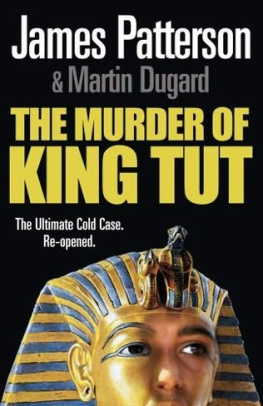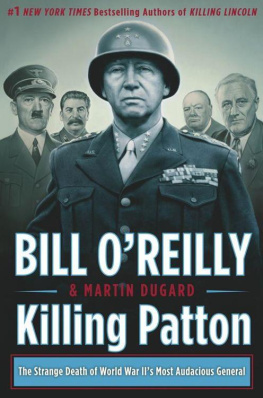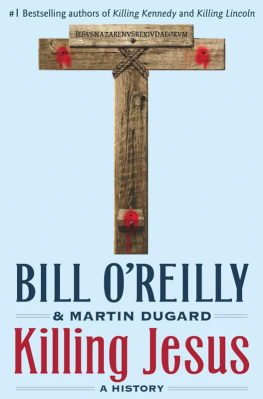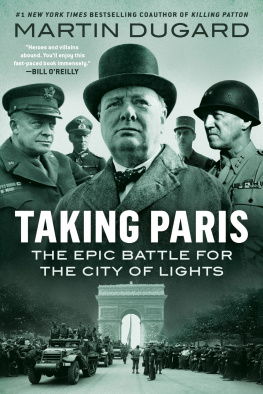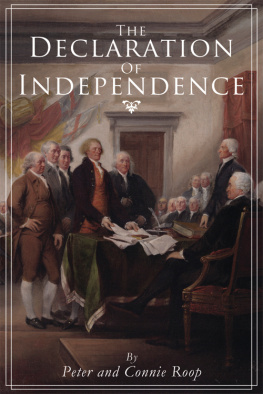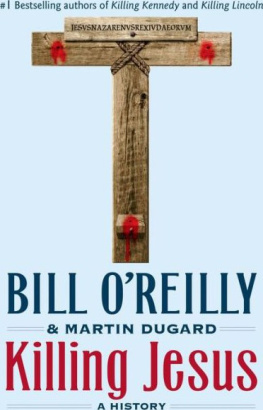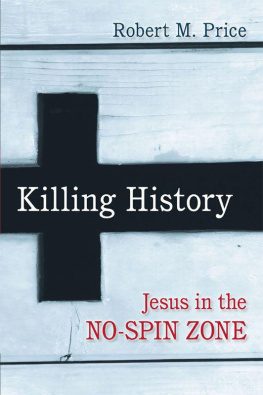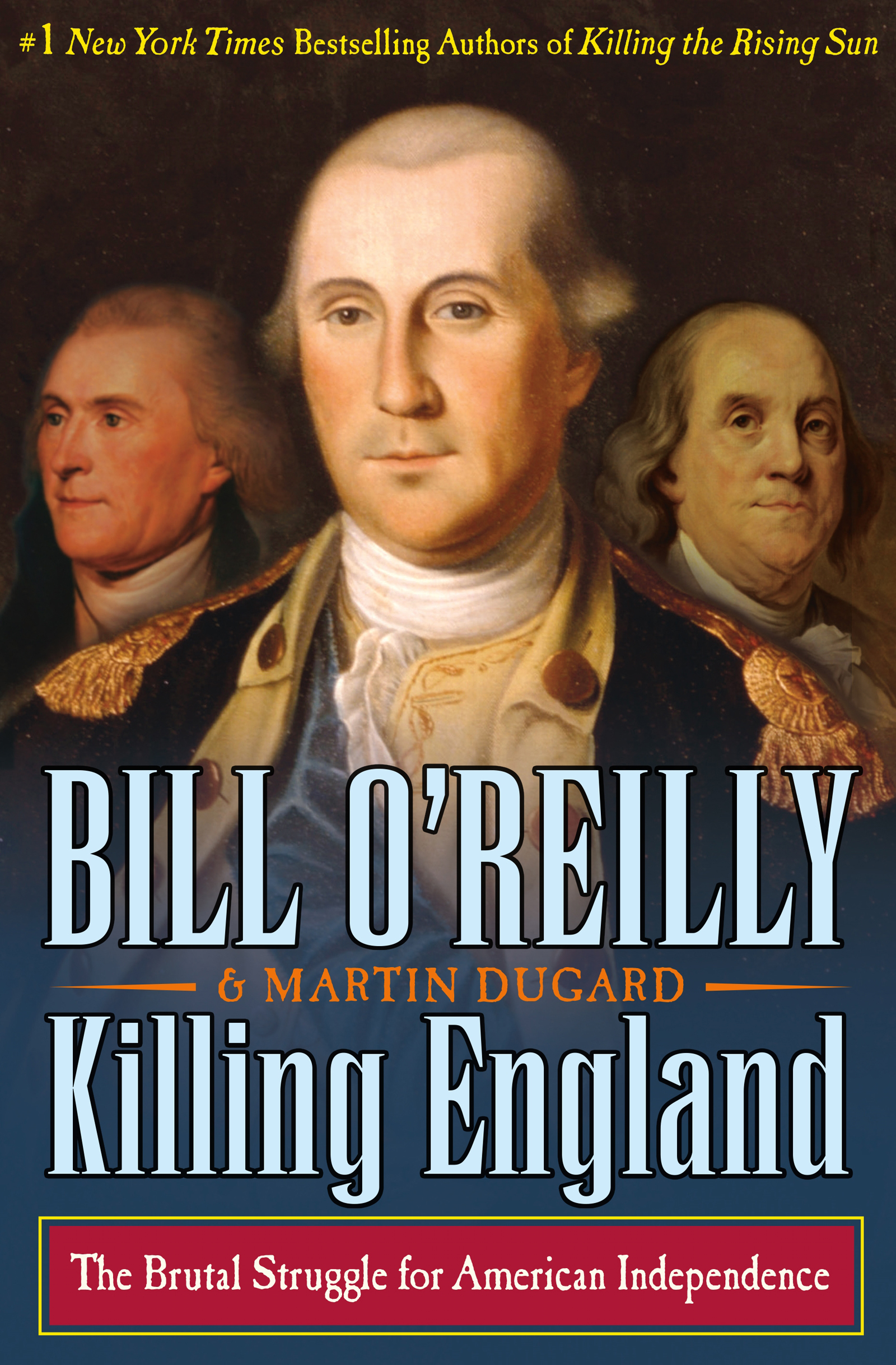Contents
Guide
Pagebreaks of the print version

The author and publisher have provided this e-book to you for your personal use only. You may not make this e-book publicly available in any way. Copyright infringement is against the law. If you believe the copy of this e-book you are reading infringes on the authors copyright, please notify the publisher at: us.macmillanusa.com/piracy.
This book is dedicated to all American history teachers past and present.
Stephen Rubin, the best publisher on the planet, and his muse Gillian Blakean editor with a great eye.
Eric Simonoff, who puts the deals together and guides the process.
Marty Dugard, the best writing partner a person could have.
Finally, my fourteen-year-old son, Spencer, who loves history and keeps me on my toes!
B ILL OR EILLY
Thanks to Bill OReilly, for his vision and genius. Thanks also to the team that makes the Killing books possible: Steve Rubin, Gillian Blake, Chris OConnell, and the intrepid Eric Simonoff. And to Calene and the Bongo Boys, with much love.
M ARTIN D UGARD
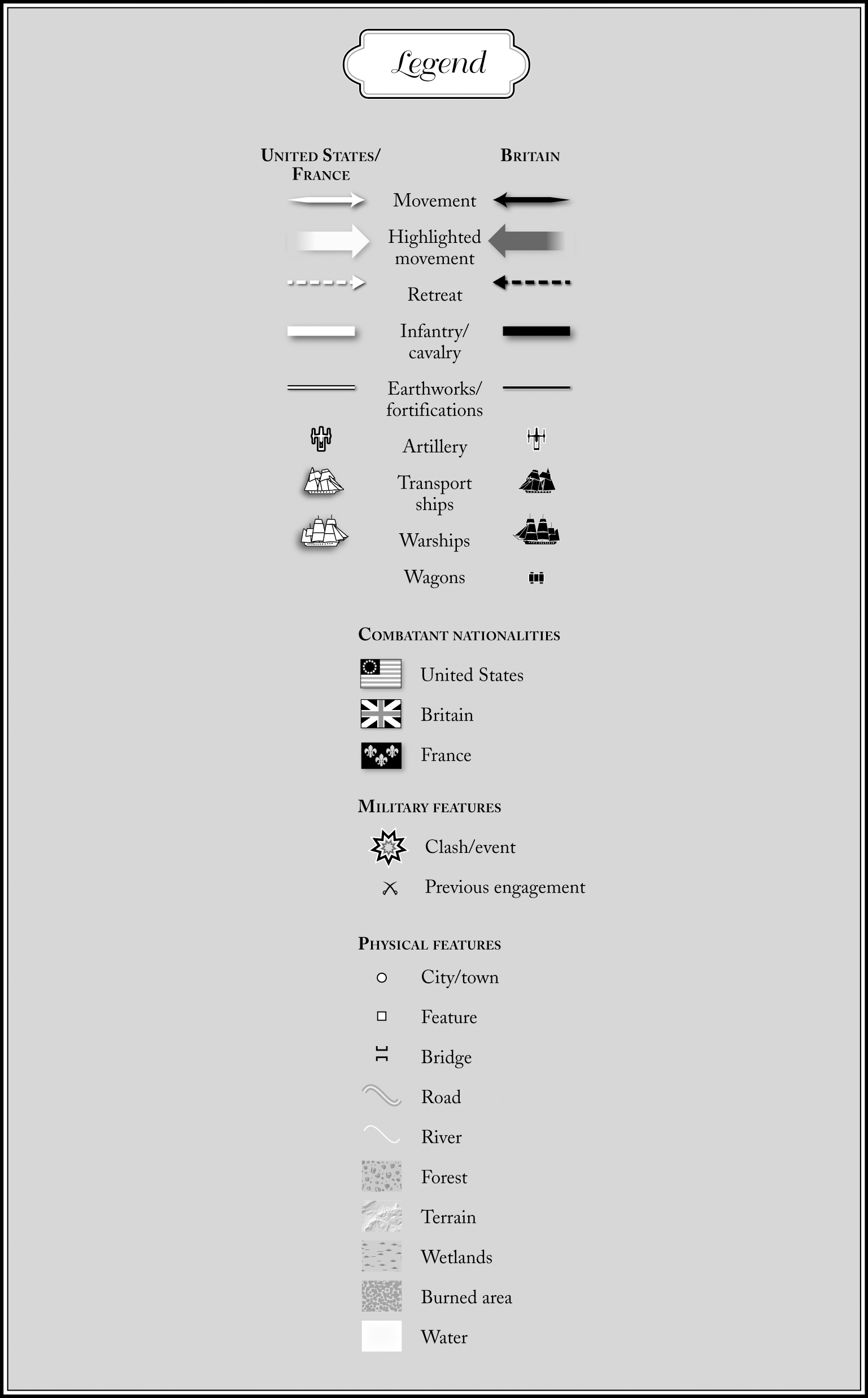
O HIO C OUNTRY , N ORTH A MERICA
J ULY 9, 1755
1:30 P.M.
The long knives are out.
The face of Capt. Daniel-Hyacinthe-Marie Linard de Beaujeu is striped in war paint. Primeval forest conceals his French Marines, Canadian militia, and Indian allies as they maneuver into position. Hidden behind boulders and ancient oak trees, they await the massive combined force of the British and colonial armies now marching toward them. Beaujeus French and Indians are heavily outnumbered. Unlike the British, they dont have cannon that can kill and maim dozens with a single blast of canister shot. Instead, their weapons are those of a nimble guerrilla fighting force: muskets, tomahawks, war clubs to bash skulls, and sharp knives for slicing the flesh and hair from a dying mans head.
Captain Beaujeu clearly sees the dirty crimson uniforms and miter caps of the Forty-Fourth and Forty-Eighth Regiments Grenadier companies. These foot soldiers at the front of the British ranks are an elite fighting force. As best the French commander can tell, they number about three hundred men. He has scouted the enemy well, and knows that hundreds more British and Americans follow behind them in a thin mile-long column, hemmed in on both sides by the woods.
Beaujeu is stripped to the waist in the manner of his Indian allies. Bear grease smeared on his torso will make him slippery and more difficult to fight when the combat becomes hand to hand. The forty-three-year-old father of nine never tires of defeating the British. Killing them, he has written in his journal, fills him with joye. His weapon of choice is a musket made at the Tulle Arsenal in Saint-tienne, France. The Indians under his command, warriors from many tribes, are so enamored of this lightweight weapon that they ask for the Tulle fusil by name.
But right now, those guns are silent.
The French and Indians hold their fire as they await the moment when Beaujeu will stand tall in the forest to wave his hat. This is the signal to attack.
Oblivious to the coming ambush, twenty-three-year-old George Washington sits gingerly in the saddle at the very rear of the British column, guiding his horse along the narrow path leading straight into the hidden enemy. Dressed in the blue uniform of the Virginia militia, Washington is in agony. A tall and charismatic young man with large hands and a face marked by smallpox scars, Washington rides atop a pillow to protect his ailing backside from the pain of hemorrhoids. A rumble in his belly signals yet another attack of dysentery, forcing him to abruptly guide his charger into the forest in search of discreet relief.
The young Virginian contents himself with the knowledge that the march is almost over: after six weeks and 290 backbreaking miles through the wilderness, the British Army is just one day away from reaching the French garrison known as Fort Duquesne, which it plans to destroy.
Washingtons intestinal illness forced him to travel flat on his back in a covered wagon until yesterday. But it is vital that he ride into battle on horseback. Just one year ago he was the officer who fired the first shot in the war between the British and the French. The volley fired by a young Virginian in the backwoods of America set the world on fire, is how one British historian will describe the incident. Indeed, Washingtons decision to attack a small French scouting party, killing all its soldiers, will launch what will become known as historys first world war. In time, the fighting will spread far beyond North Americainto Europe, Africa, and even India.
But that moment of impulse eventually led to public disgrace. Soon after the skirmish, Washington suffered the humiliation of surrendering his Virginia militia to the French at a battlefield not far from here known as Fort Necessity. In order to avoid a wider war, the French allowed Washington and his men to return home, but the stigma of failure still hangs over the ambitious former surveyor. He has returned to this forest as a volunteer, seeking redemption by using his knowledge of the lush woodland trails to assist the British commander, Gen. Edward Braddock.
Unbeknownst to George Washington, however, the battle he seeks will not take place tomorrow.
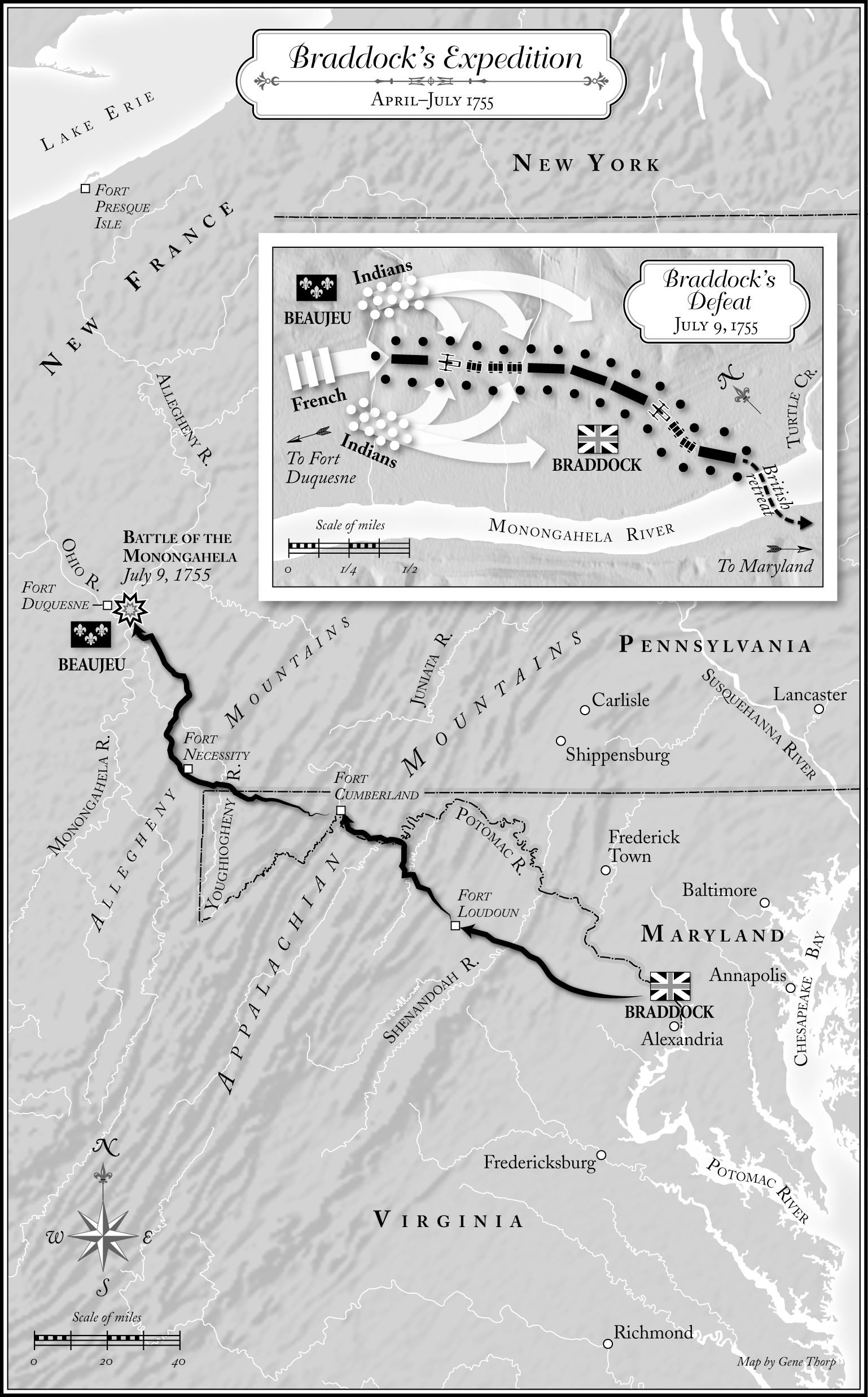
LEGEND
It is happening right now.
* * *
Three hundred miles away, in Philadelphia, forty-nine-year-old Benjamin Franklin sits naked in his bedroom. He is reading a book with the windows wide open while enjoying the rejuvenation of his daily air bath. Franklin eagerly awaits word of the British Armys great victory, for the French presence in the Ohio River Valley not only blocks Americas westward expansion, but also threatens the safety of the existing American colonies.
Franklin is not alone. From Virginia to Boston, General Braddocks campaign is a cause clbre. The French and British have been at odds in Europe for centuries. Now their rivalry is shifting to North America. It was the British who first established a string of colonies up and down the Atlantic seaboard, but the French were not easily outdone, settling land west of the Appalachian Mountains. They call this thinly populated region New France. Beginning in Canada, the territory extends from the Great Lakes south through the Mississippi Valley all the way to the region on the Gulf of Mexico known as Louisiana. The border between the French and British colonies is poorly defined. One region in particular, the Ohio River Valley, is highly coveted by the British as a means of expanding their sphere of influence. General Braddock has been sent to America with the singular purpose of taking possession of this land.
But there is also a more tactical reason for the impending battle. The French soldiers in the Ohio River Valley are limited to the garrison at Fort Duquesne. They are in a defensive stance right now, dedicated to keeping the British contained on the coast. But, in time, Fort Duquesne could serve as a jumping-off point for a French assault on the British colonies themselves. If that happens, their Indian allies will be free to loot and pillage colonial farms and towns.


